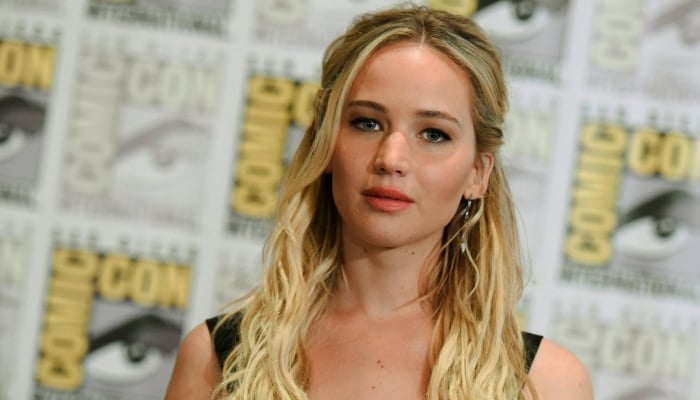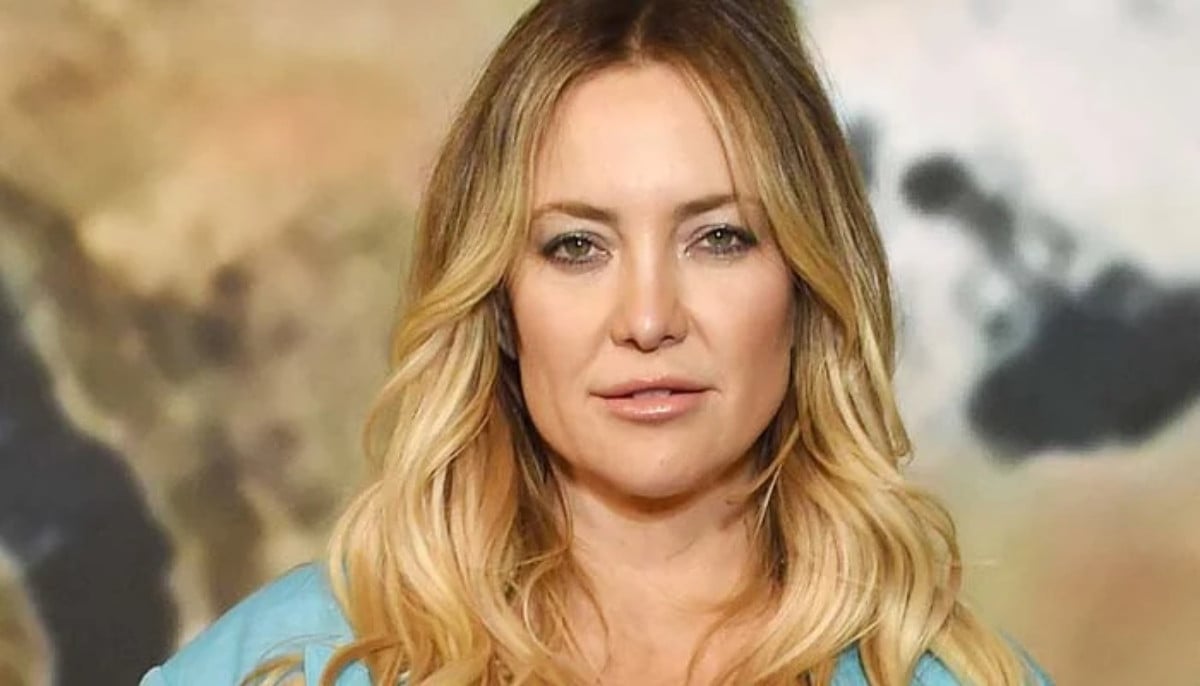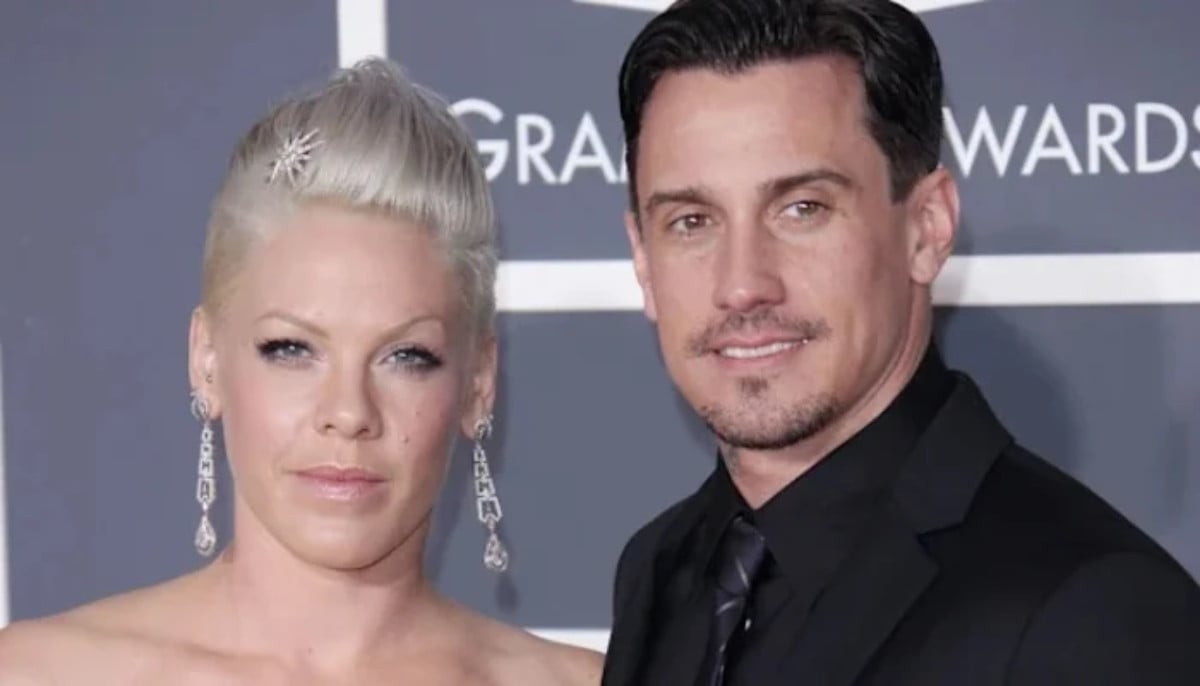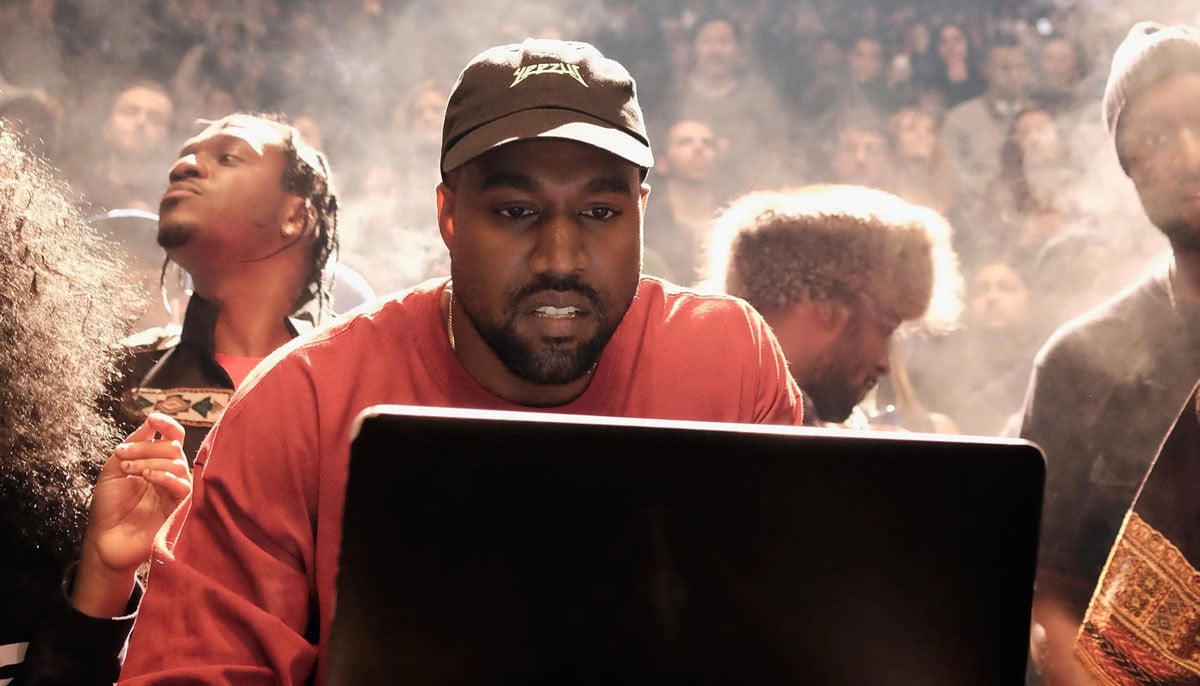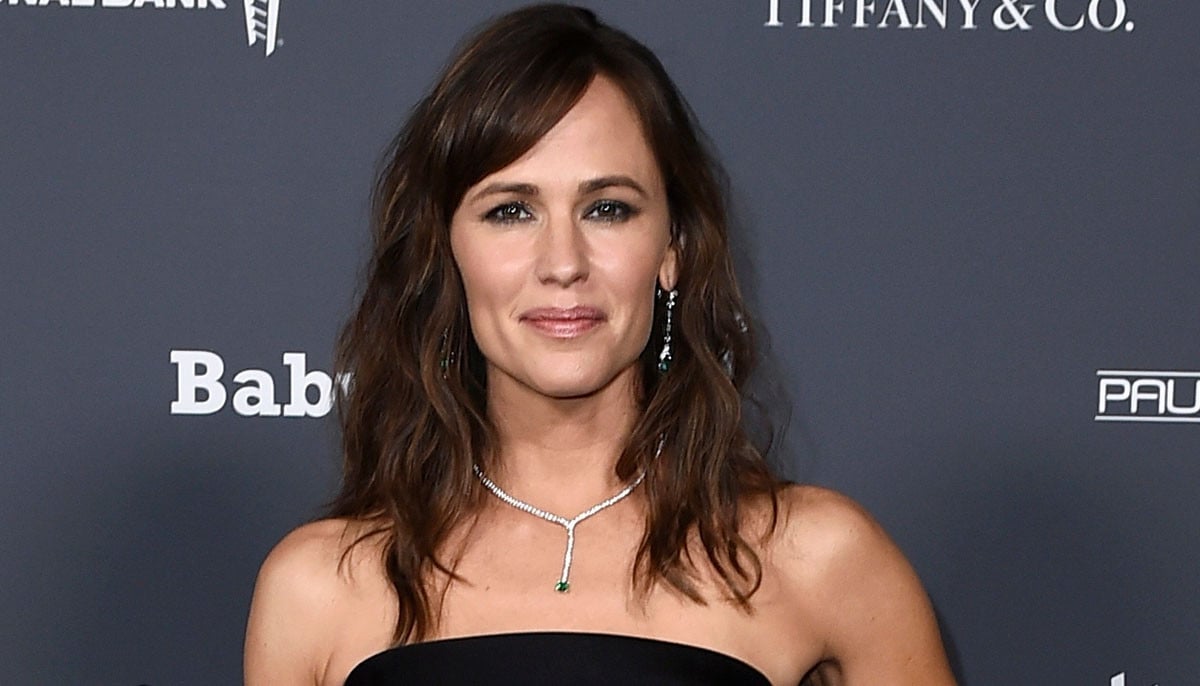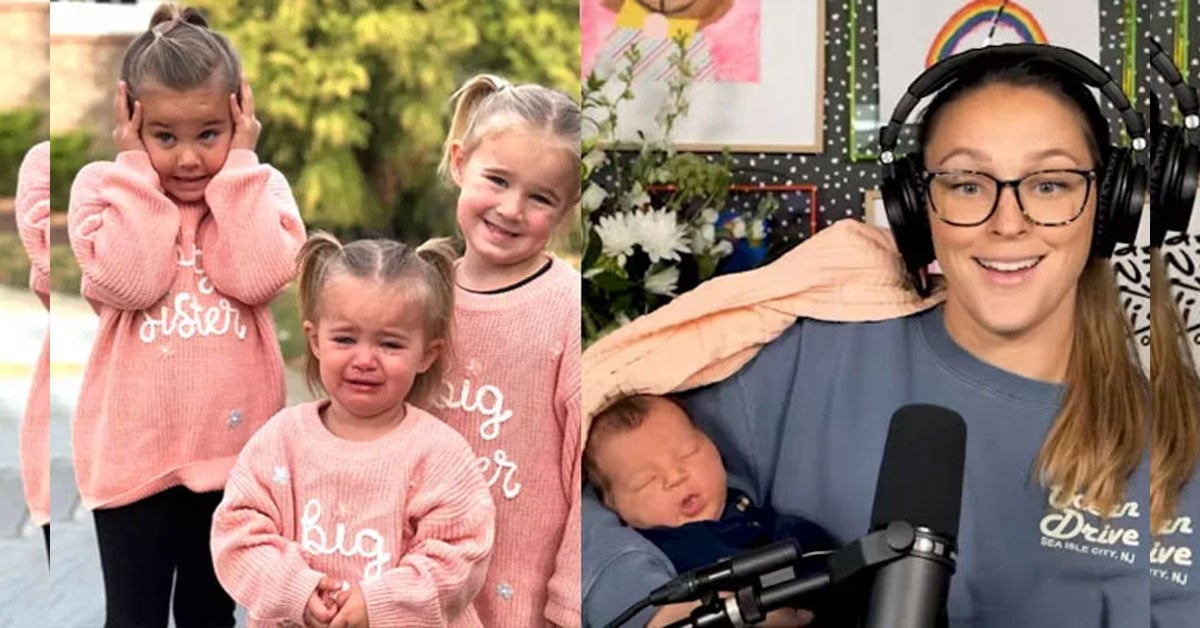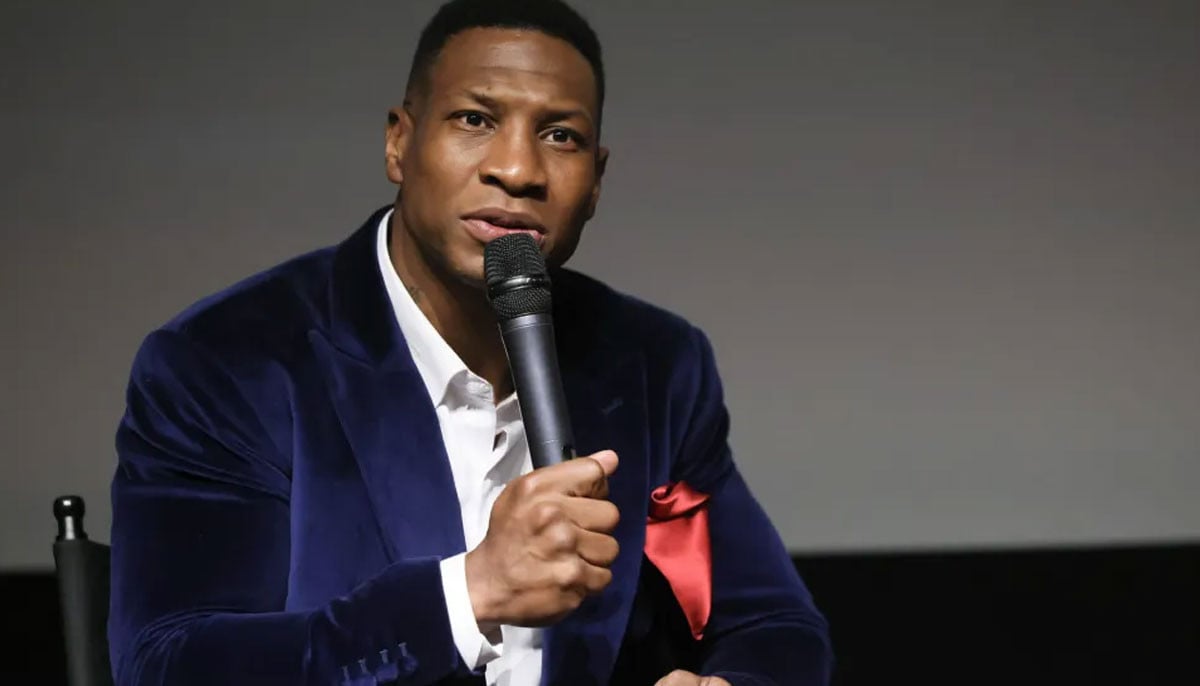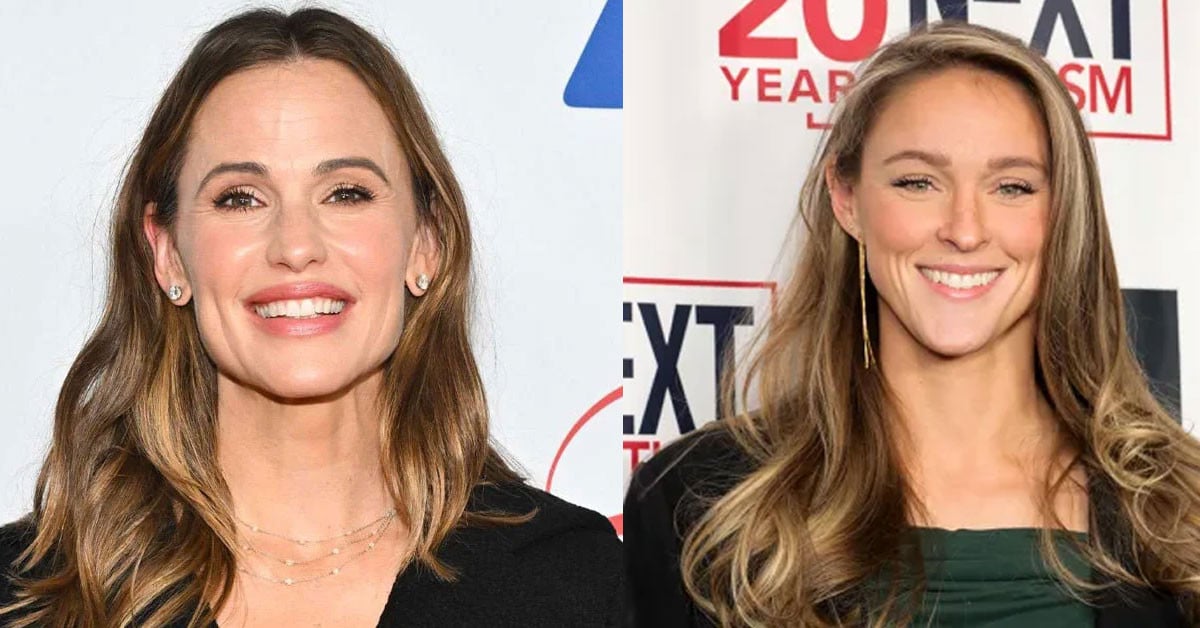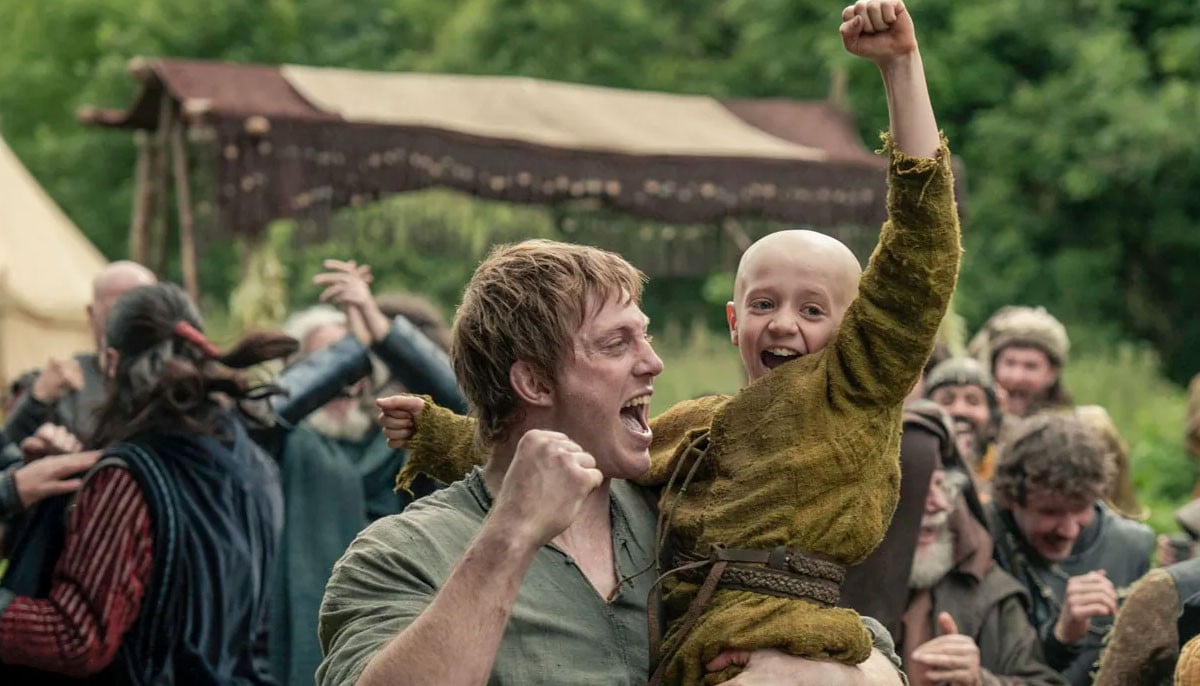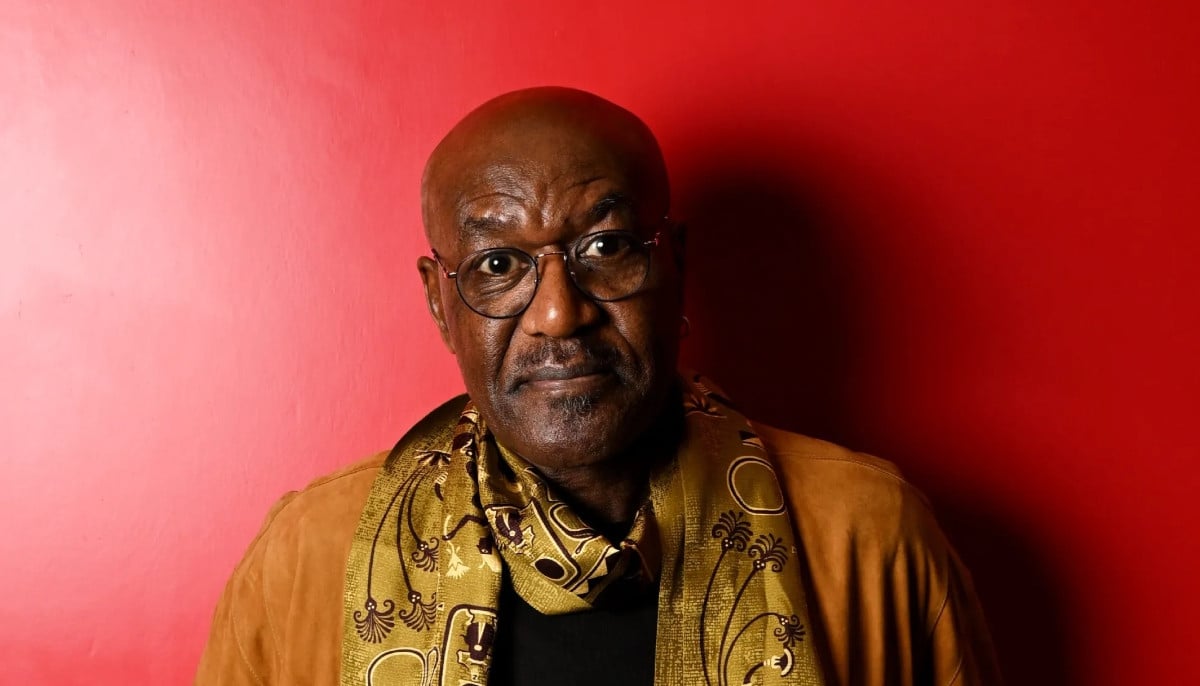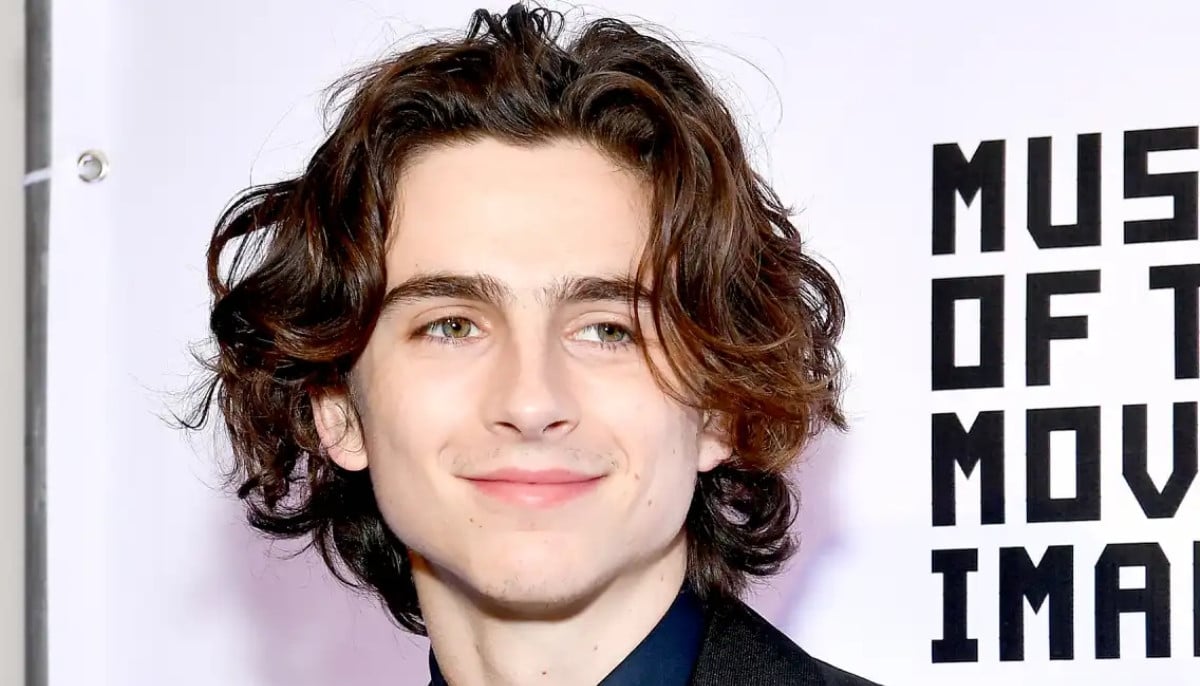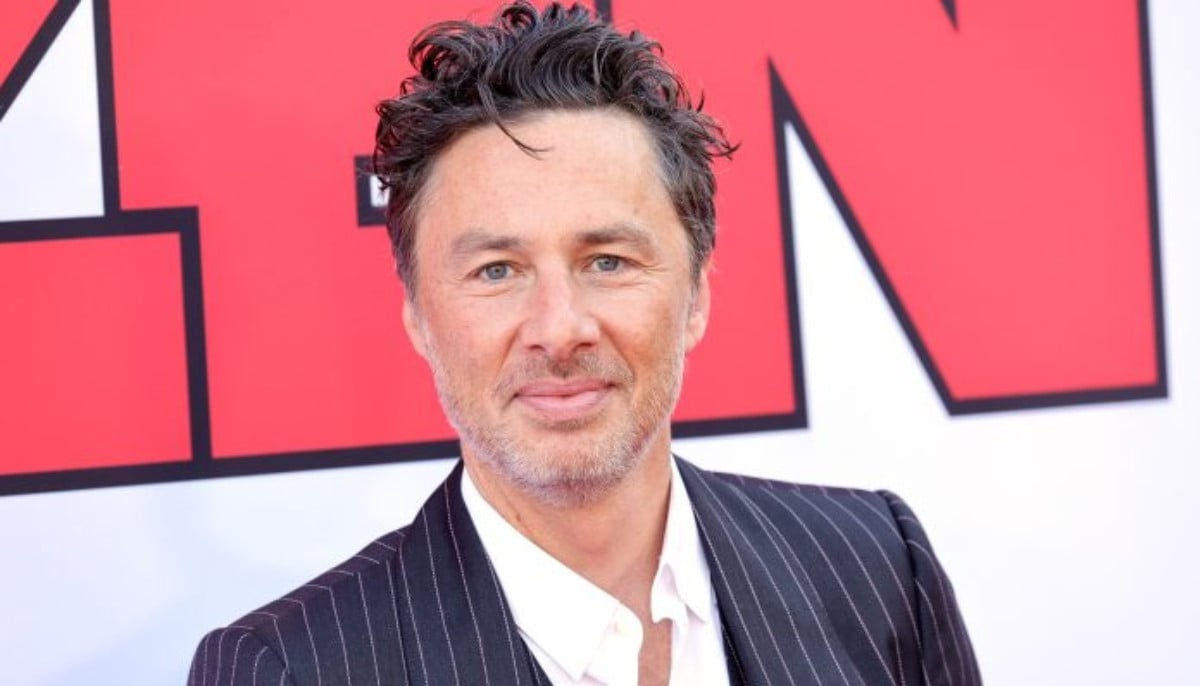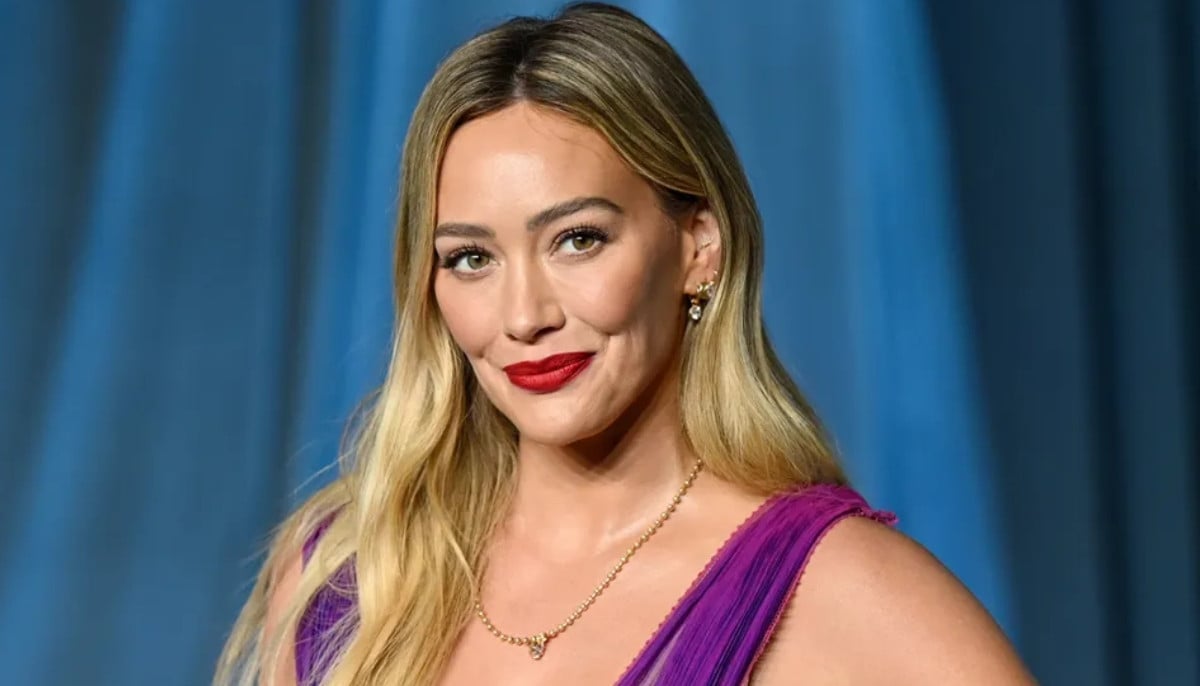Jennifer Lawrence shares criticism she faced during first production
Jennifer Lawrence produced 'Bread and Roses' documentary is releasing this Friday on Apple TV+
Jennifer Lawrence is giving away her compelling thoughts into production.
Lawrence, 34, involved herself to produce a Taliban-focused documentary, Bread and Roses, which was not appreciated by her family.
A gripping documentary, which is set to release on Apple TV+ this Friday, highlights the brutal treatment of Taliban and its impact on Afghan women.
Director Sahra Mani told CBS Morning that after Taliban’s takeover of Kabul in 2021, Afghan women are striving for their fundamental rights such as employment, education, and even the freedom to move around without a chaperone.
“My first reaction when watching that [Taliban takeover] was to do what the Taliban did not want us to do, which was to give access and facilities to the people on the ground to capture what was happening on the ground in real-time,” Lawrence said of her decision to be a part of the doc, later adding, “I can’t imagine not being able to take a taxi or not being able to listen to music. I can’t imagine if just the sound of my voice was illegal.”
The Oscar winner said her “family and friends definitely encouraged me not to [produce the film],” given the subject matter.
“It’s dangerous. Of course it is,” she continued. “But there’s 20 million women whose lives are in danger.”
The No Hard Feelings star has also faced subjective criticism suggesting that she is not educated enough to work on a heavy matter like Taliban.
“[Trolls] always say different things,” Lawrence explained. “I did a 60 Minutes interview where I explained that I dropped out of middle school, so I’m technically not educated. So I think a common one especially with this subject is ‘why is someone without an education trying to talk about politics?’ To that I say it’s not political, it’s people’s lives.”
She continued, “It’s political in the sense that you should push your congresspeople and you should get involved to make our government more accountable. Then the UN can recognize gender apartheid. But I don’t find it political. Also, I am educated in filmmaking. I’m educated in telling stories.”
-
Kylie Kelce reveals rules she wants daughter Bennett to learn at 3: No more 'passies'
-
Jonathan Majors set to make explosive comeback to acting after 2023 conviction
-
Jennifer Garner drops parenting truth bomb on teens with Kylie Kelce: 'They're amazing'
-
'Game of Thrones' prequel 'A Knight of the Seven Kingdoms' new ratings mark huge milestone
-
Delroy Lindo explains the crucial role of musical arts in setting up his career trajectory
-
Timothée Chalamet reveals how he manages to choose the best roles for himself
-
Zach Braff reflects on doing odd jobs ahead of major career breakthrough in 2001's 'Scrubs'
-
Hilary Duff opens up how she has become a trendsetter to ruin one of her nemesis' important moments
